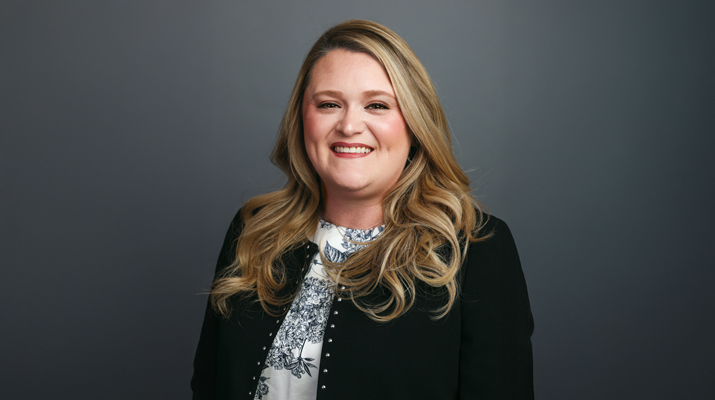NPGA’s fall board meeting takes on negative tone
The smooth flights in and out of Kansas City for the NPGA fall board of directors and committee meetings weren’t consistent with the turbulent environment on the ground and in conference rooms.
“Headwinds” was the word spoken most often by frustrated industry members trying to sort through the complex nature of today’s energy picture and find a place for propane to fit. One board member went so far as to call the current situation “a crisis” – because a strong word motivates people and creates urgency to get something done, said PERC Chairman Joe Armentano of Paraco Gas in Rye Brook, N.Y.
And this was even prior to EIA’s release of its Short-Term and Winter Fuels Outlook, which forecasts a 7 percent increase in propane fuel bills compared to last winter (only second to heating oil’s 8 percent). Natural gas fuel bills are predicted to rise 3 percent, with electricity falling 1 percent.
The Georgia Propane Gas Association expressed marketer concerns about cost inequities between energy sources making it difficult for members to do business. A resolution from the state association asks NPGA to help members understand that their traditional market is changing. A state policy where only new customers pay for utility expansion would serve as one possible solution.
“They feel their backs are up against the wall, and they’re running scared,” said Steven Holloway of Modern Gas Co. in Albany, Ga., who described how natural gas companies are running lines to traditional propane accounts. “It’s a frightening situation for some of these smaller guys. All they know, what they traditionally have been able to do, has been pulled out from under them.”
Marketers from Minnesota and Mississippi echoed Georgia’s concerns, adding that more natural gas supply from shale finds will only lower the competing fuel’s price and make it more difficult for propane sales. Missouri made it known that propane prices in its state are double that of natural gas.
In the Northeast, annual winter infrastructure challenges were supposed to be mitigated by Inergy’s well-documented propane storage project in New York, but state regulations have slowed its progress.
Even the television series “CSI: Miami” piled on to the growing negative sentiment in Kansas City with an episode titled “Propane Killer,” which was noted in meetings. The CSIs investigate a propane explosion at a hotel – a plot that doesn’t exactly help the industry’s image.
“Maybe this is our message that we really have to become better businesspeople,” said Gary France of France Propane Service in Schofield, Wis., in response to the chatter. “Things are going to be more difficult. It’s an opportunity to evaluate your business.”
One part of that evaluation might center on propane autogas, another area of concern brought forward by NPGA Chairman Carl Hughes of Inergy. According to Hughes, some members believe that too much energy and focus have been given to the motor fuel. The questions abound: Why promote another market? Why promote a segment that won’t benefit everyone? Why is the Propane Gas Act, proposed legislation that extends federal alternative fuel tax credits for five years, so important?
Hughes strongly supports the legislation for three reasons: The propane industry is already multi-segmented, and many people are excited about autogas; it’s an “actionable” item and has the potential to succeed; and the industry must prepare for an energy battle in Washington and keep pace with natural gas’ positioning.
As always, Charlie Ory of Aero Propane Gas Co. in Mesa, Ariz., did his best to lighten the mood during the marketers meeting, offering a marketing campaign that claims natural gas causes dandruff. Attendees appreciated the gesture and maybe the words later from NPGA President and CEO Rick Roldan, who said, “I know there’s a considerable amount of angst, and we are listening. And while we’re listening, we’re really listening for solutions.”
















